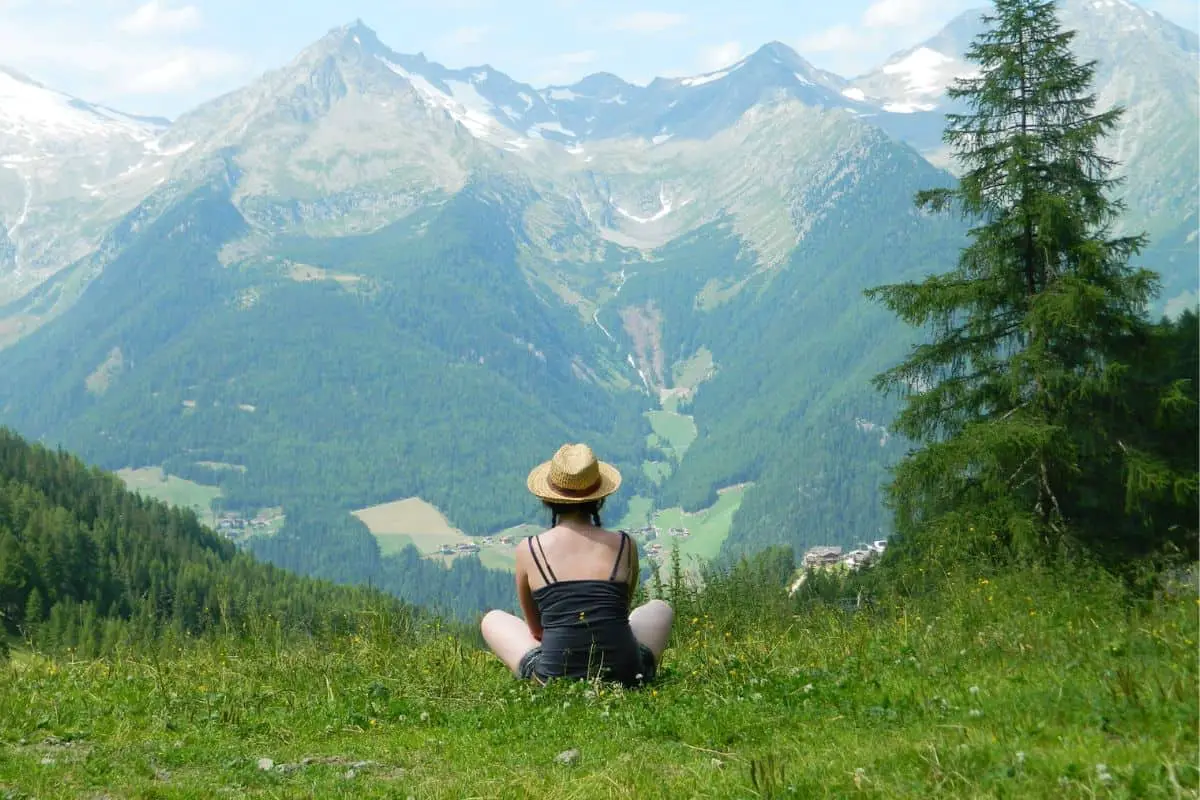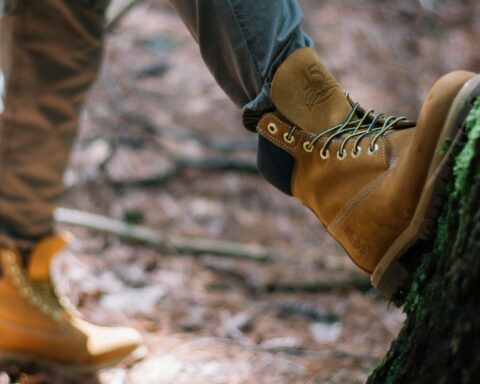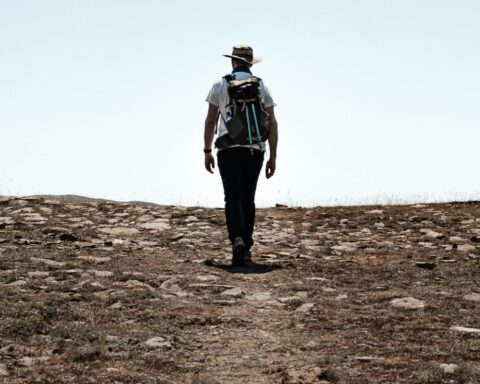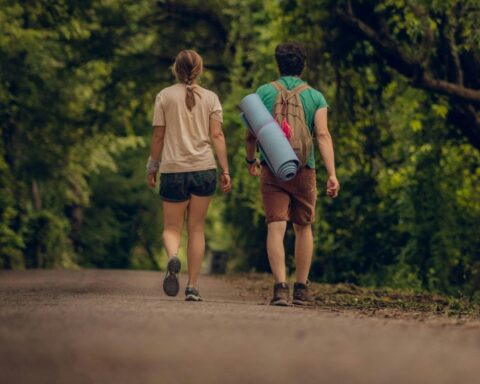Hiking is often regarded as a quintessential outdoor hobby, accessible to people from all walks of life.
It’s an activity that offers the liberating combination of physical exercise, mental rejuvenation, and the simple joy of being in nature.
Whether you’re traversing a local trail or venturing into remote wilderness, hiking can be tailored to fit your pace, ability, and interests.
Is Hiking a Hobby?
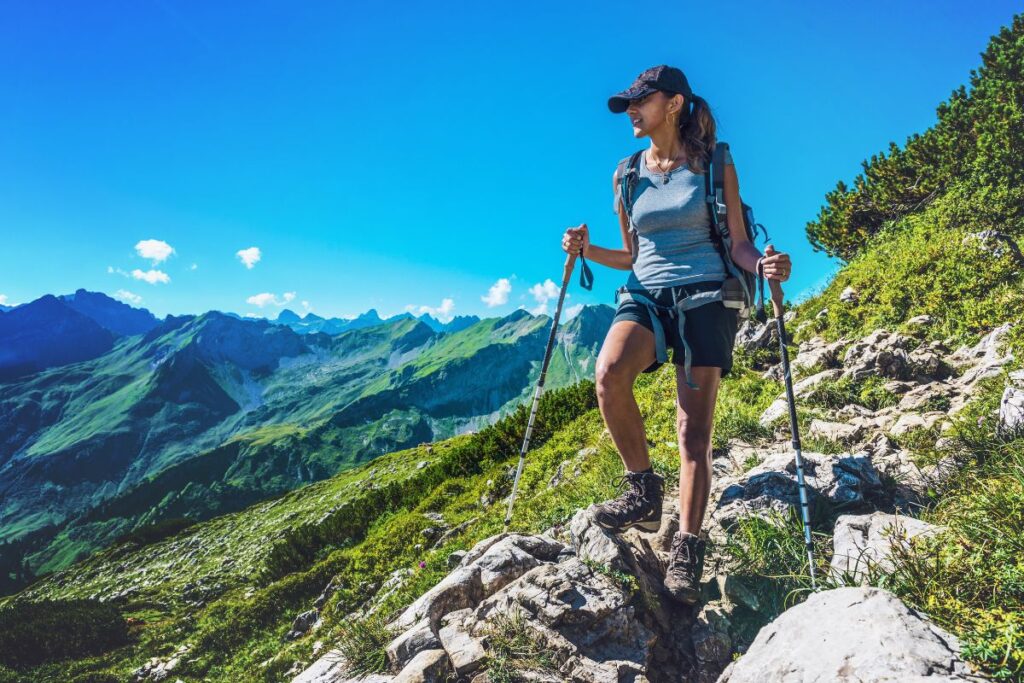
Embracing hiking as a hobby provides you with a unique opportunity to explore the great outdoors, gain new perspectives, and challenge yourself physically.
Unlike many hobbies that require expensive equipment or specialized knowledge, hiking allows for minimalistic engagement with nature—often there’s no cost to stepping onto a trail and setting out to discover the beauty around you.
Your journey into hiking can be both humble and expansive, starting with a short, local hike and potentially leading to treks in national parks and beyond.
The versatility of hiking appeals to a diverse community, enabling you to meet fellow enthusiasts and join a community of like-minded individuals.
On a deeper level, the hobby nourishes your connection to the environment and promotes wellbeing through a natural, grounded pastime.
Understanding Hiking as a Hobby
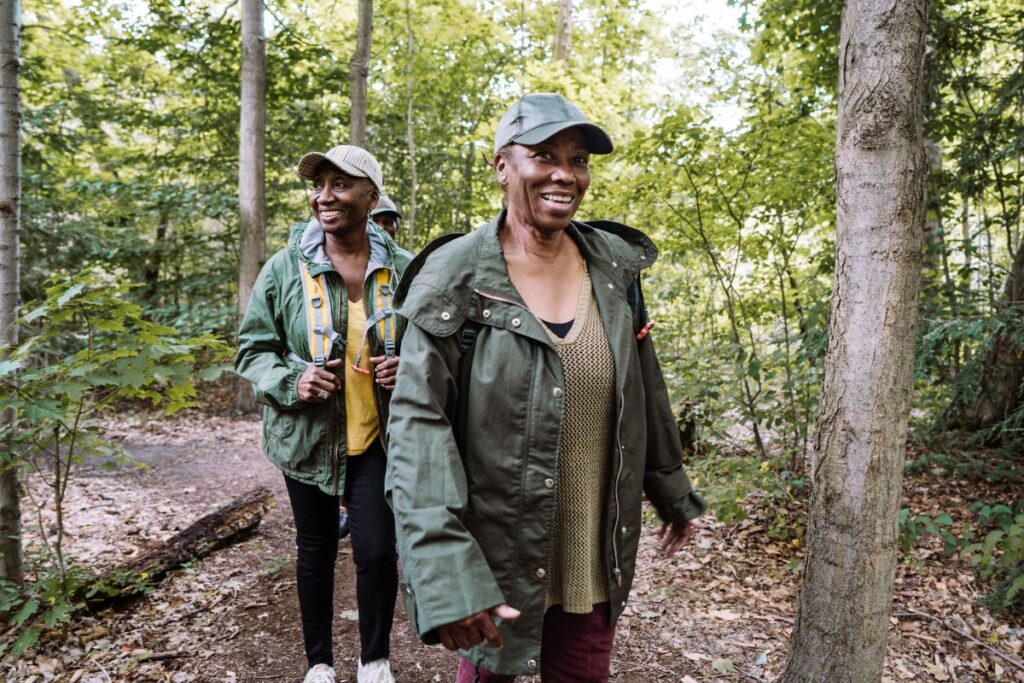
Hiking embraces the essence of exploring nature and engaging in a physical challenge. It is a pursuit enjoyed by a vast community, offering both tranquility and adventure.
Defining Hiking and Its Popularity
Hiking is the activity of walking for extended periods across varying terrains, primarily on trails or paths in natural environments.
Your experience may range from short, local walks to long-distance treks that require significant preparation and endurance.
Hiking, as a hobby, is booming in popularity due to its accessibility and the diverse experiences it offers. It attracts people who seek exercise, adventure, and communion with nature.
To begin your hiking journey, you’ll need basic gear like proper footwear, weather-appropriate clothing, a map or GPS device, water, and snacks.
As you progress, you might invest in specialized equipment, such as trekking poles or a sturdy backpack. Joining a community of hikers can enhance your experience, provide valuable insight, and offer an opportunity for socializing.
Hiking vs. Other Physical Activities

Hiking differs from other physical activities in several ways.
Unlike sports that typically involve competition, hiking is a non-competitive exercise that emphasizes personal growth and enjoyment.
It allows for flexible intensity levels, making it suitable for all ages and fitness levels.
Here’s how hiking compares to similar activities:
- Walking: While both involve traversing by foot, hiking typically occurs on less-developed paths and can include various elevations, while walking is often on flat, paved surfaces.
- Sport: Sports generally require specific skills and rules, whereas hiking is more about personal pace and experiencing the outdoors.
- Fitness Exercise: Exercise routines usually focus on repetitive motions targeting specific muscle groups; hiking engages the whole body and includes mental health benefits due to the nature exposure.
Through hiking, you embark on mini adventures, often reconnecting with yourself and the environment.
It transcends being a mere physical activity by fostering a relationship with the outdoors and a sense of belonging within a wider community of enthusiasts.
Getting Started with Hiking
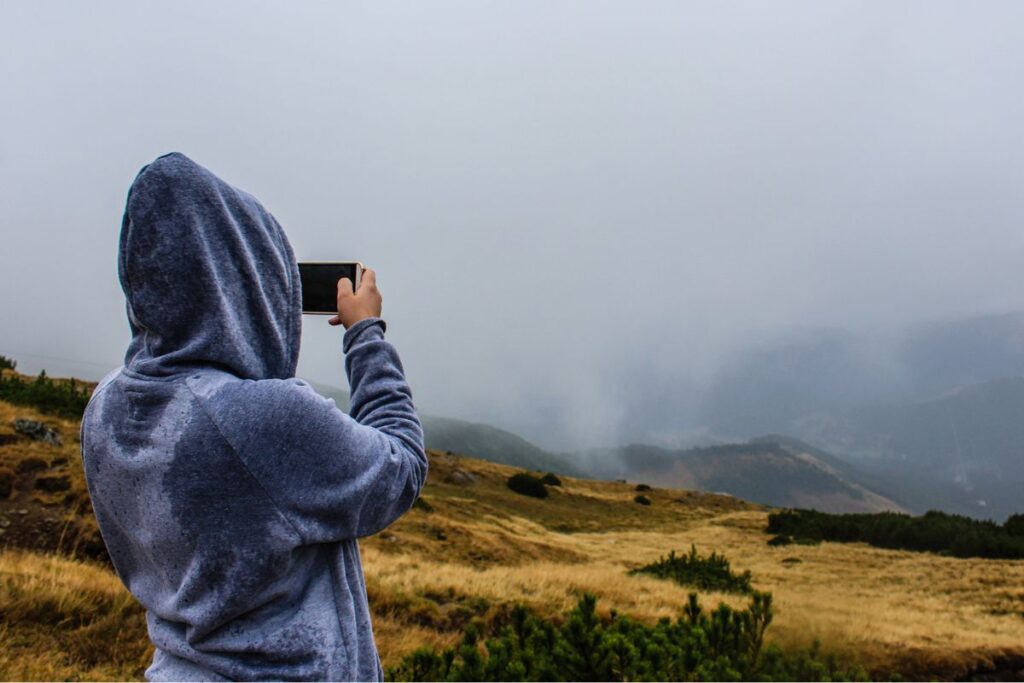
Hiking is a rewarding activity that caters to various fitness levels, offering both mental and physical benefits.
With the right approach and preparation, you can quickly begin exploring the multiple trails nature has to offer.
Choosing the Right Trails
When you’re new to hiking, it’s essential to select trails that match your current fitness level and experience.
Start with shorter, well-marked trails, typically rated as ‘easy’ to build your confidence and stamina. Use resources like local hiking books, websites, and trail-finding apps to identify suitable paths.
Consider these criteria when choosing a trail:
- Distance: Opt for shorter hikes less than 5 miles.
- Elevation Gain: Look for trails with minimal elevation change.
- Terrain: Choose paths that are well-maintained with fewer obstacles.
Essential Gear and Supplies
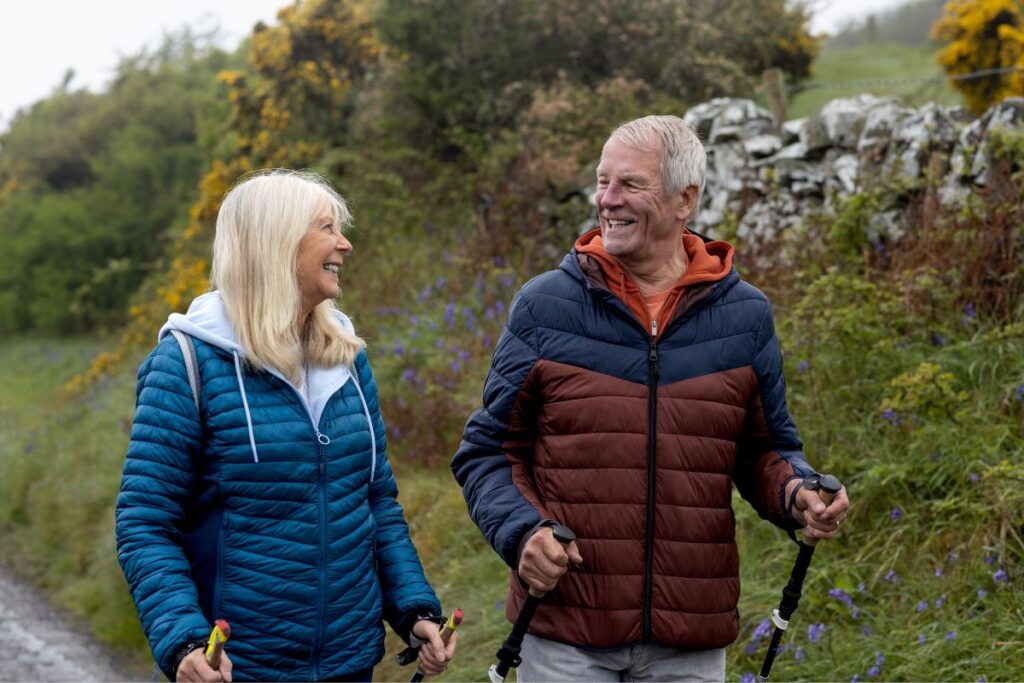
Proper gear is crucial for a safe and comfortable hiking experience.
For beginners, prioritize the following items:
- Hiking Boots: Footwear should be comfortable, supportive, and have a good grip.
- Backpack: A lightweight daypack can carry all your essentials.
- Water Bottle: Hydration is key—always pack more water than you think you’ll need.
- Sunscreen: Protect your skin regardless of the weather.
Carry the basics listed below in your backpack:
- Navigation tools: such as a map and compass or a GPS device.
- Extra Water: Consider a water filter for longer trails without access points.
- Food Supplies: Energy bars and trail mix are good options.
- Clothing: Dress in layers and bring a rain jacket.
- Emergency Kit: Include a whistle, fire starter, and basic first aid items.
- Trekking Poles: Optional, but they can help with balance and reduce strain on your knees.
Find out 🚶 How to Strengthen Knees for Hiking?
Remember, as you gain experience, your gear and supply needs may evolve.
Reach out to the hiking community online or locally for tips and advice on trails and equipment, and never underestimate the importance of preparedness on each hike.
Benefits of Hiking
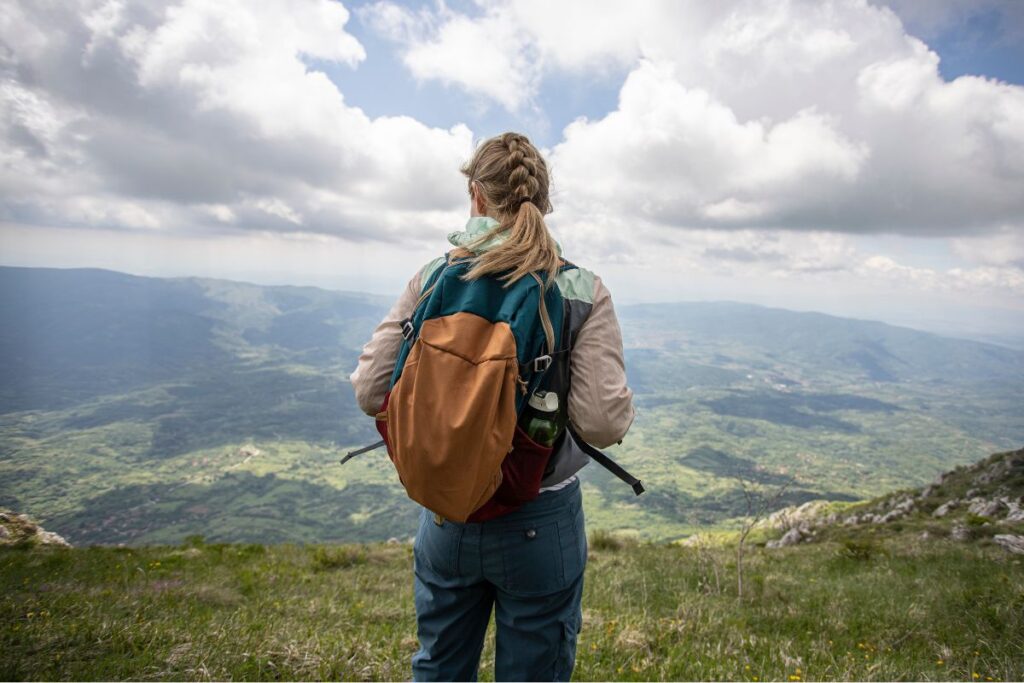
Embarking on hiking trails offers a diverse array of advantages that can enhance your physical fitness, mental clarity, and social life.
Physical Health Advantages
When you hike, your body engages in a robust physical activity that strengthens muscles and improves cardiovascular health.
- Cardiovascular Health: Regular hikes can lower blood pressure and reduce the risk of heart disease.
- Muscle Strength: Trekking through uneven terrain boosts muscle strength, especially in the lower body.
- Fitness Level: Your overall fitness level can improve, helping with weight management and endurance.
Hiking can also promote better sleep patterns, vital for physical recovery and health.
Read next – Is hiking good cardio?
Mental Health and Well-being
The mental health benefits of hiking are just as compelling as the physical perks.
- Mental Clarity: Natural settings can enhance your mental focus and keep your mind sharp.
- Stress Relief: Engaging in outdoor activities like hiking is known to help reduce stress and anxiety levels.
- Sense of Fulfillment: Achieving hiking goals can provide personal satisfaction and a sense of achievement.
In addition, the fresh air and quiet of the outdoors can contribute to a serene mind and improved memory.
Social and Lifestyle Benefits
Hiking often leads to broadening your social circles and enhancing personal relationships.
- Community Connection: Joining hiking groups can help you meet new people and build friendships.
- Relationships: Sharing hikes with friends or loved ones can improve your relationships.
- Outdoor Lifestyle: Regularly connecting with nature can lead to a healthier and more socially active lifestyle, as you often encounter like-minded individuals along the trails.
The act of hiking not only allows you to forge connections with others but also deepens your relationship with the natural environment.
Challenges and Considerations of Hiking
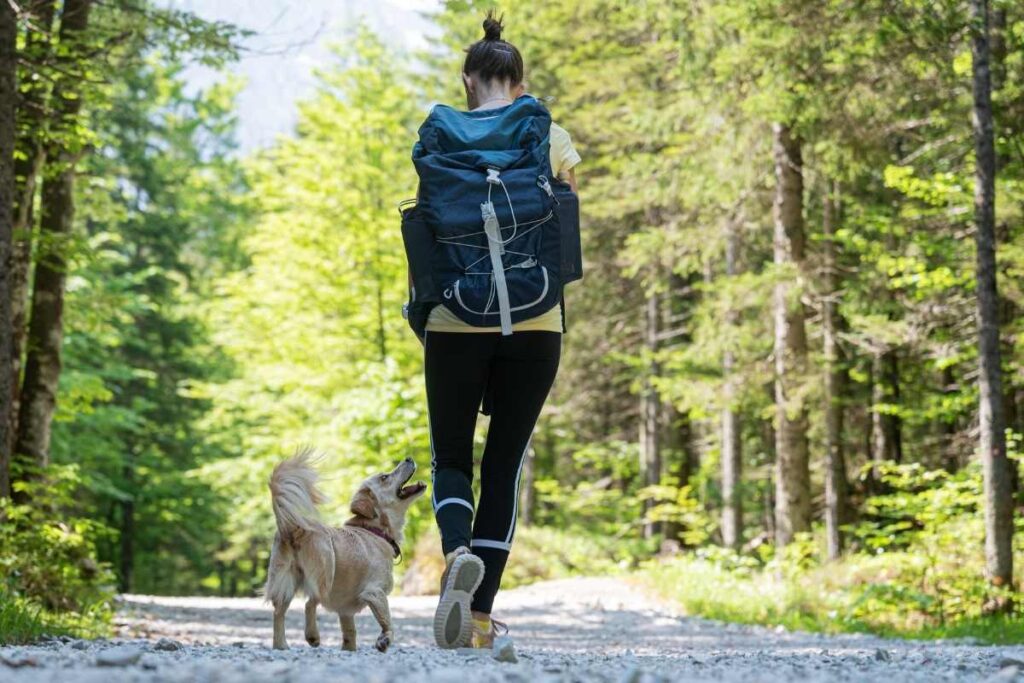
While hiking is a rewarding way to explore the beauty of nature and is a relatively inexpensive hobby, it is not without its challenges.
Careful planning regarding safety and environmental impact is paramount to ensure an enjoyable and responsible hiking experience.
Safety and Preparation
Your safety on hiking trails hinges upon adequate preparation and mindfulness of the changing conditions you may encounter.
It’s important to check the weather forecast for your destination before embarking on a journey to avoid being caught in adverse conditions. Always bring a first-aid kit to address minor injuries, which are common on uneven terrain.
Safety Precautions to consider:
- Tell someone your plan and expected return time.
- Carry a map and compass, or a GPS device.
- Assess your fitness level and choose trails within your conditioning.
- Learn and practice basic wilderness first aid.
Whether you’re hiking alone, with family, or introducing kids to the activity, ensuring everyone is aware of the safety protocols is essential.
Environmental Responsibility
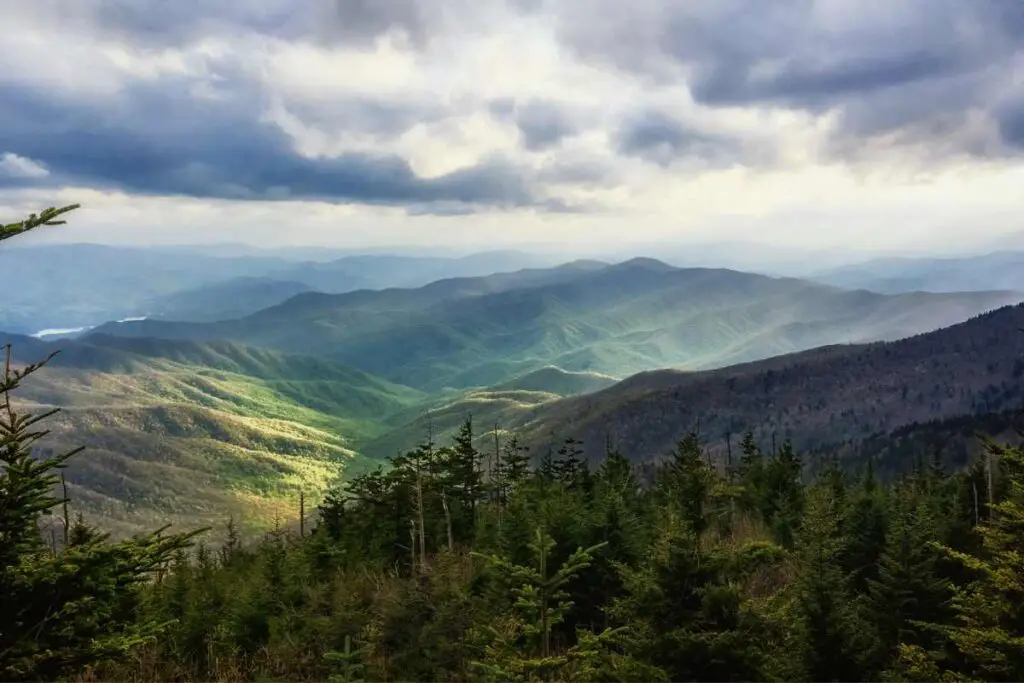
Adhering to Leave No Trace principles protects the parks and natural areas you visit.
This means staying on designated hiking trails, disposing of waste properly, and minimizing your impact on the environment.
Key Environmental Guidelines:
- Pack out all your trash.
- Do not disturb wildlife or take natural objects.
- Be considerate of other visitors and the natural quiet.
Remember, your hike is not only about reaching a mountain peak or a lake, it’s also about preserving the beauty for others to enjoy.
By acting responsibly, you help maintain the nature areas in pristine condition for future generations, whether you’re trekking through the forests of Europe or the national parks of the United States.
Beyond the challenges, hiking allows you to capture memorable moments through photography, stimulates creativity, and encourages you to explore new places.
